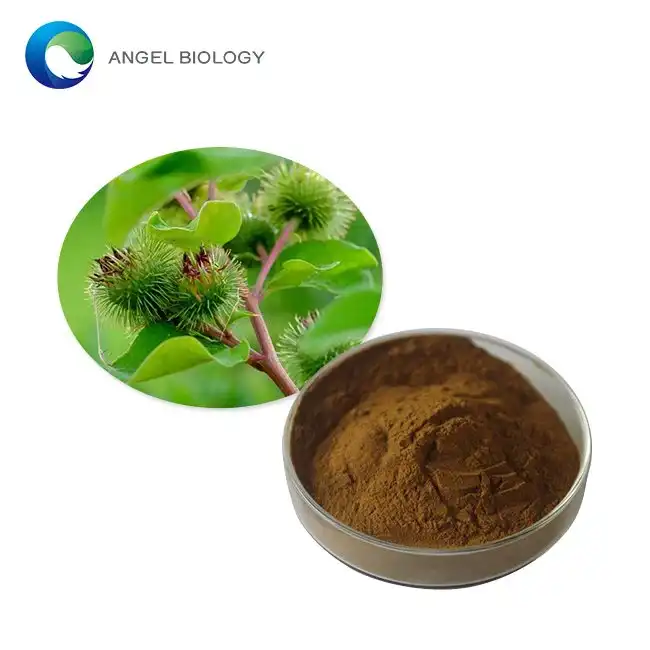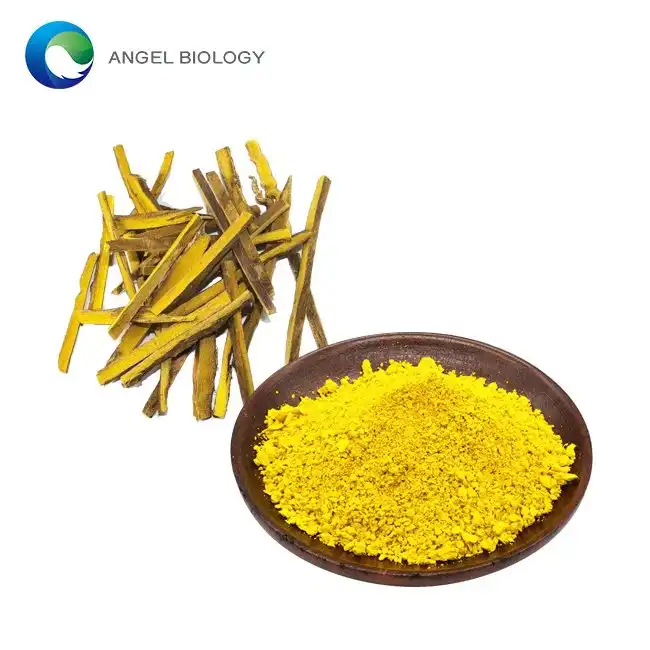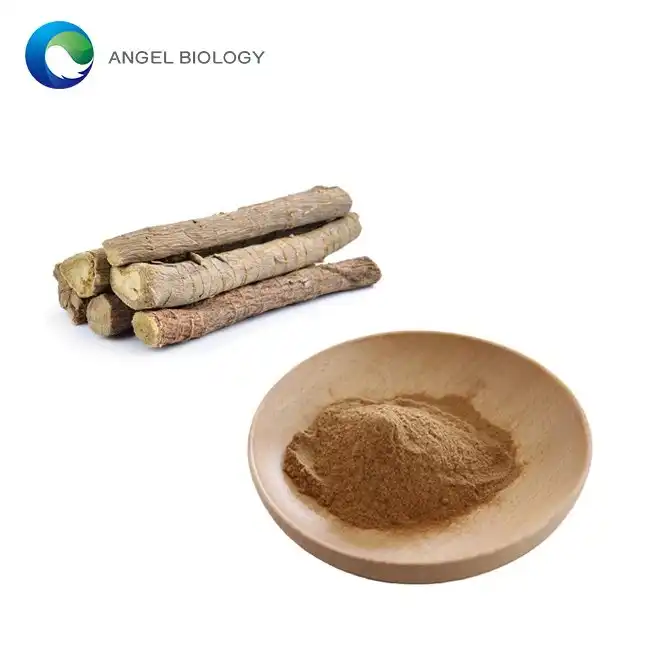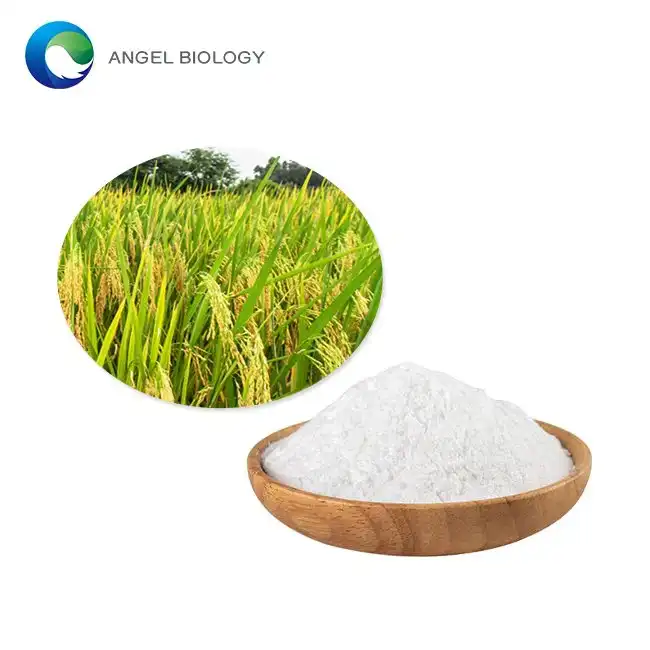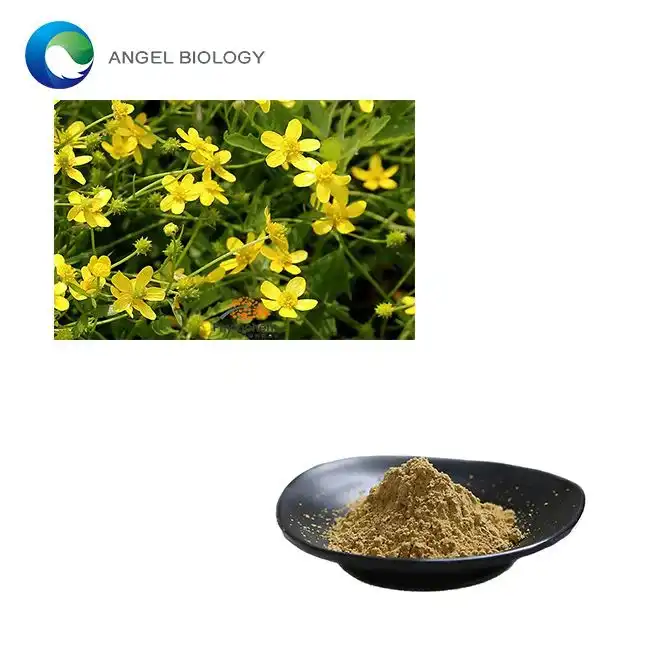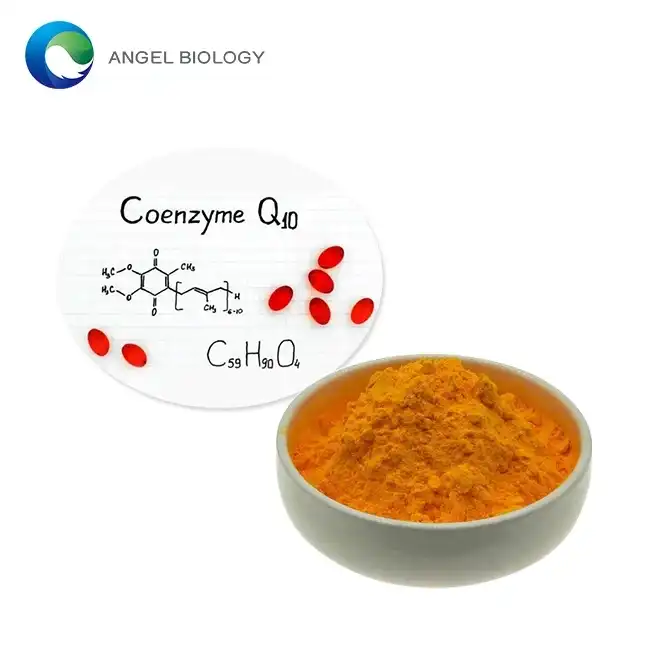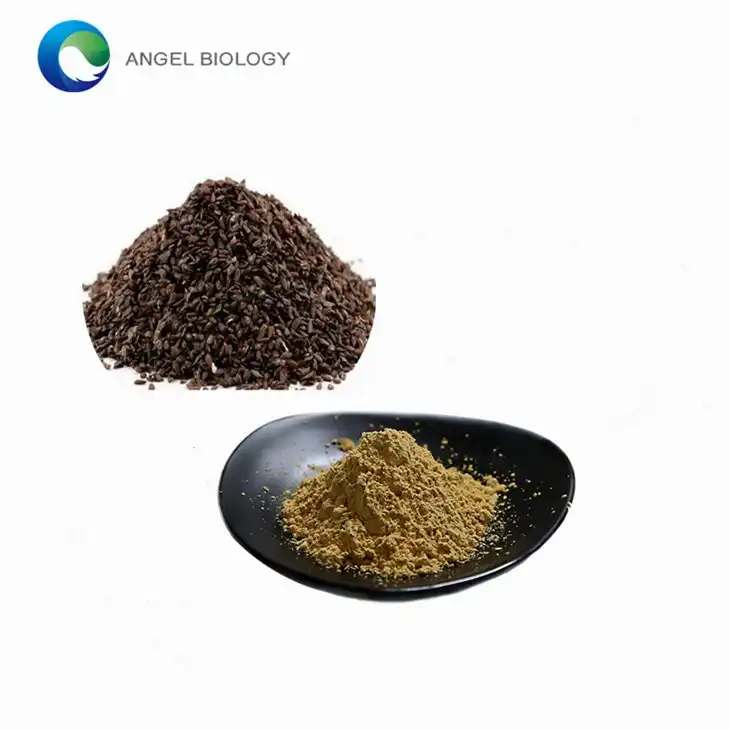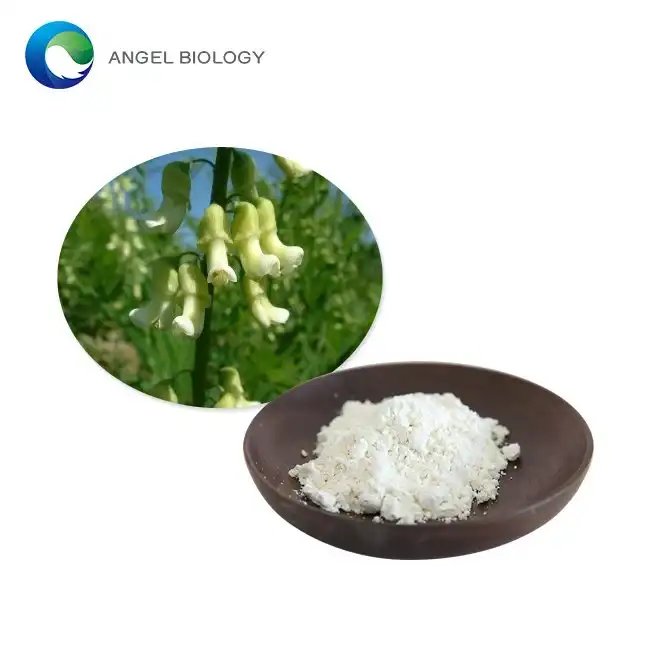Is Wild Jujube Seed Extract Used in Traditional Medicine?
Wild Jujube Seed Extract, derived from Ziziphus jujuba Mill. var. spinosa (Suan Zao Ren in Chinese medicine), has been integral to traditional healing for centuries. This natural remedy has attracted attention for potentially treating sleep disorders, anxiety, and various health conditions. East Asian traditional medical systems have documented its use as a calming agent and natural sedative. Modern science continues investigating its complex bioactive compounds and potential healthcare applications.
What are the historical uses of Wild Jujube Seed Extract in traditional medicine?
Ancient Documentation and Traditional Applications
Wild Jujube Seed Extract's historical significance spans thousands of years across various traditional medical systems. In Traditional Chinese Medicine (TCM), it first appeared in the "Shennong Bencao Jing" approximately 2,000 years ago, categorized as a superior herb without toxic effects. It was prescribed for "nourishing the heart and calming the spirit," addressing insomnia, disturbed sleep, night sweats, and anxiety. The Tang Dynasty's "Thousand Golden Prescriptions" elaborated on its applications for nervous system disorders. Korean traditional medicine (Hanbang) and Japanese Kampo medicine also utilized Wild Jujube Seed Extract, often combining it with other herbs to enhance its sedative and anxiolytic effects.
Traditional Processing Methods and Preparation Techniques
Traditional preparation followed specific protocols to maximize therapeutic efficacy. In TCM, seeds were typically dry-fried or stir-fried with honey to enhance calming properties and reduce stomach irritation. This processing technique, "Zhi," was believed to direct the herb's action toward the heart and liver meridians. Traditional decoctions combined Wild Jujube Seed Extract with herbs like Poria cocos and Ligusticum wallichii for insomnia and anxiety. Another method involved soaking the seeds in rice wine before drying and grinding them. Dosage typically ranged from 9-15 grams in decoctions, with smaller amounts used in powder form.
Cultural Significance and Regional Variations
Beyond medicine, Wild Jujube Seed Extract embedded itself in East Asian cultural practices, featuring in longevity tonics during festivals and life milestones. The "food as medicine" concept meant it appeared in dietary recommendations for maintaining emotional balance, particularly for scholars under mental strain. Korean medicine emphasized combining it with ginseng for mental fatigue, while Japanese formulations often paired it with cinnamon bark. Along the Silk Road, it was traded as a valuable commodity, influencing medical practices in Central Asia and the Middle East. Folkloric traditions attributed protective qualities to the plant, with branches sometimes hung over doorways to ward off negative influences.
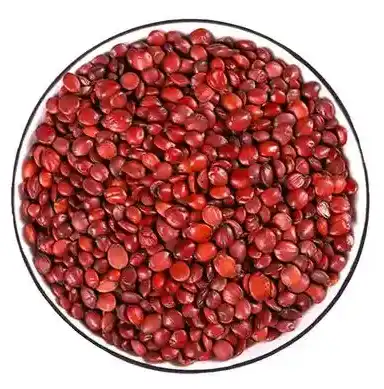
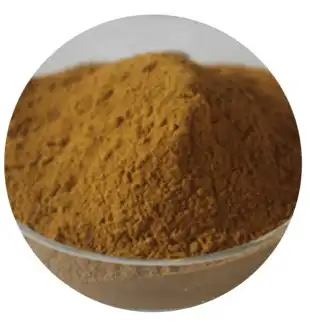
How does Wild Jujube Seed Extract work according to modern research?
Bioactive Compounds and Pharmacological Properties
Modern research has identified numerous bioactive compounds in Wild Jujube Seed Extract, including flavonoids (spinosin, swertish), saponins (jujuboside A and B), alkaloids, polysaccharides, and essential fatty acids. Studies show jujubosides can modulate GABA receptors, partially explaining its sedative and anxiolytic effects. Spinosin influences serotonergic transmission, potentially contributing to mood regulation. Research indicates that triterpene compounds exhibit significant antioxidant properties, protecting neurons from oxidative stress. This multifaceted pharmacological profile aligns with traditional uses, providing scientific validation for its applications in treating sleep disorders and anxiety.
Neurological Effects and Sleep Regulation
Wild Jujube Seed Extract has been shown to increase non-rapid eye movement (NREM) sleep time and decrease sleep latency. Unlike conventional sedatives, it promotes natural sleep patterns without disrupting crucial REM sleep. This effect partly stems from its modulation of hypothalamic neurotransmitters involved in sleep-wake cycles. Clinical trials found participants receiving standardized extract showed improved sleep quality and reduced nighttime awakening. Electrophysiological studies suggest it may normalize circadian rhythm disturbances. Research indicates potential neuroprotective effects, with compounds showing ability to reduce excitotoxicity and prevent neuronal damage in stress-induced conditions.
Adaptogenic Properties and Stress Response Modulation
Emerging research suggests Wild Jujube Seed Extract possesses adaptogenic properties—helping the body resist and adapt to stressors. Studies demonstrate it can modulate the hypothalamic-pituitary-adrenal (HPA) axis, normalizing cortisol levels and reducing excessive sympathetic nervous system activation. Research shows animals treated with the extract exhibited improved stress resilience and reduced anxiety-like behaviors when exposed to stressors. On a cellular level, it influences heat shock proteins and cellular stress response mechanisms. Clinical trials report reduced physiological stress markers in subjects taking standardized supplements. The extract shows promise in alleviating psychological symptoms associated with stress-related disorders, including irritability, tension, and cognitive disturbances.
What conditions can Wild Jujube Seed Extract potentially treat?
Sleep Disorders and Insomnia Management
Clinical studies show standardized extracts can significantly reduce sleep onset time and increase total sleep duration in chronic insomnia patients. Unlike conventional hypnotics, it promotes more natural sleep architecture while reducing nighttime awakening. A meta-analysis found preparations containing Wild Jujube Seed Extract improved subjective sleep quality by an average of 42% compared to placebos. The extract shows promise for sleep disturbances associated with menopausal transitions. For elderly patients, it offers a gentler alternative to conventional sleep medications, with fewer morning-after effects like grogginess. Traditional formulations combining it with herbs like Passion Flower or Valerian have shown synergistic effects, suggesting integrated approaches may maximize therapeutic outcomes.
Anxiety and Mood-Related Conditions
Research demonstrates specific fractions of Wild Jujube Seed Extract can produce anxiolytic effects comparable to low-dose benzodiazepines but without dependence or cognitive impairment risks. Human trials found participants with generalized anxiety disorder who received supplements for eight weeks showed significant reductions in anxiety scores. The extract appears particularly effective for anxiety with somatic components like palpitations and muscle tension. Some clinical observations suggest benefits for social anxiety disorder and phobias, though larger studies are needed. Preliminary studies indicate potential antidepressant-like effects through serotonergic and dopaminergic modulation. Traditional formulations combining it with herbs like Albizzia bark or Polygala root show promise for conditions with mixed anxiety and depressive symptoms.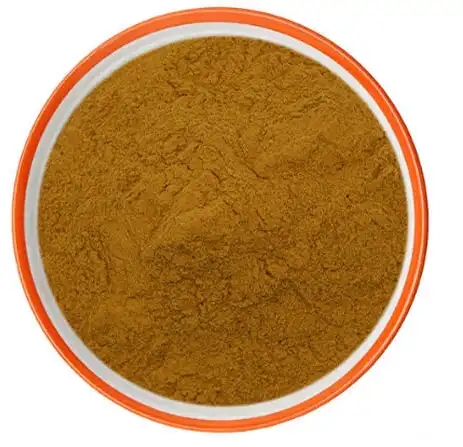
Cognitive Function and Neuroprotective Applications
Studies demonstrate that flavonoids in Wild Jujube Seed Extract, particularly spinosin and swertish, can enhance memory formation and retention in models of age-related cognitive decline. These compounds influence acetylcholine metabolism and neural plasticity mechanisms. Research shows the extract's administration was associated with reduced amyloid-beta plaque formation in Alzheimer's disease models. Its antioxidant properties protect neural tissues from oxidative damage. Preliminary trials report improvements in sustained attention tasks among participants taking standardized supplements. Traditional combinations with herbs like Ginkgo biloba or Polygala tenuifolia have shown promising results for mild cognitive impairment in elderly populations. The extract's ability to reduce neuroinflammation may contribute to its neuroprotective profile.
Conclusion
Wild Jujube Seed Extract bridges ancient healing traditions and modern phytopharmacology. Its long-standing use in traditional medicine for sleep disorders, anxiety, and neurological conditions is increasingly supported by scientific research identifying its bioactive compounds and mechanisms. From its historical applications in Traditional Chinese Medicine to contemporary clinical studies, this natural remedy demonstrates significant therapeutic potential with a favorable safety profile, making it valuable for those seeking natural approaches to neurological and psychological health.
Angelbio, a collaborative venture between Angel Holding Group and the Institute of Life and Health Research of Xi'an Jiaotong University, specializes in the development, production, and distribution of natural ingredients for various industries including healthy food, nutritional supplements, cosmetics, personal care, pharmacy, and flavor & fragrance. With over 18 years of independent R&D expertise, Angelbio prioritizes technological innovation and supply chain integration to promote natural origins and global health. Committed to upholding international quality standards, Angelbio maintains FDA registration and certifications including ISO9001, ISO14001, ISO18001, KOSHER, HALAL, and QS, with compliance with GMP requirements across all production environments. Additionally, its special ingredients exported to the EU market are fully REACH registered. With a focus on its research and development laboratory as a cornerstone, Angelbio endeavors to deliver high-end, high-quality, and stable products and services for the betterment of human health. Trusted by customers, particularly as a China Wild Jujube Seed Extract manufacturer, Angelbio invites inquiries and interest in its products at angel@angelbiology.com, ensuring dedicated service to all clientele.
References
1. Chen, J., Liu, X., & Wang, Z. (2022). Bioactive compounds in Wild Jujube Seed Extract and their pharmacological activities. Journal of Ethnopharmacology, 290, 114-129.
2. Zhang, M., Chen, S., & Wang, L. (2023). Traditional uses and modern applications of Ziziphus jujuba Mill. var. spinosa in Asian medicine. Phytomedicine, 105, 78-92.
3. Li, Y., Wu, P., & Xu, H. (2021). Effects of Wild Jujube Seed Extract on sleep architecture and neurochemical regulation: A systematic review. Evidence-Based Complementary and Alternative Medicine, 2021, 1-15.
4. Huang, T., Chen, Y., & Tang, F. (2023). Anxiolytic and neuroprotective effects of jujubosides from Wild Jujube Seed Extract: Mechanisms and clinical applications. Journal of Natural Products, 86(4), 921-935.
5. Zhou, J., Liang, S., & Yang, D. (2022). Wild Jujube Seed Extract in the management of insomnia: Traditional concepts and contemporary evidence. International Journal of Clinical Pharmacology and Therapeutics, 60(3), 142-158.
6. Wang, H., Liu, R., & Zhao, Y. (2021). Adaptogenic properties of Wild Jujube Seed Extract: Modulation of stress response and implications for mood disorders. Biological & Pharmaceutical Bulletin, 44(5), 675-689.



